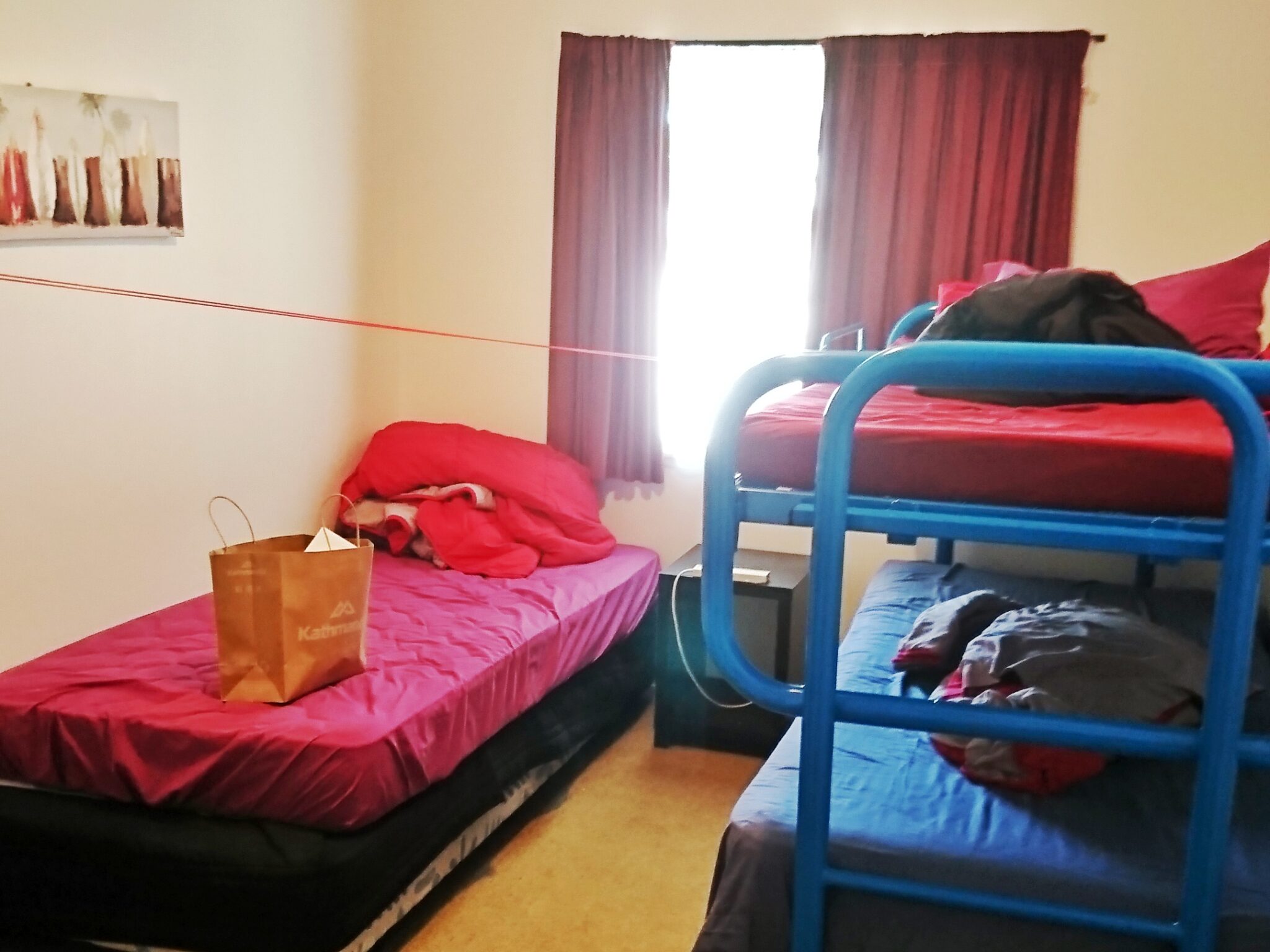Before starting work for your working holiday, know your basics of working in New Zealand and especially your wages entitlements. Although it may be rare, but doing so can help you avoid being short changed by your employers. With that, I’ll be covering wages entitlement specifically as a horticultural worker under the Working Holiday Visa in New Zealand in this article. May it be helpful to you too if you’re planning to do the same as me!

Types of minimum wage
There are three types of minimum wage rates in New Zealand:
- Training – only applies to employees aged 20 years old or over doing an approved industry training programme.
- Starting-out – for 16 to 19 years old employees who have not done six months of continuous employment service with their current employer.
- Adult – Anyone not falling into the above two categories
Wages entitlement as a horticultural worker under the Working Holiday Visa in New Zealand

As a horticultural worker under the Working Holiday Visa, we are entitled to the adult minimum wage if you are aged 20 and above. I was 25 when I did my working holiday so the adult minimum wage applied naturally. Also, note that:
- The minimum wage must be paid for each hour worked on the farm.
- Wages cannot be averaged over a season.
- Employees must be paid their wages in money, and cannot be paid through other non-cash benefits. Only exceptions include deductions for accommodation or other goods and services agreed by the employees.
Apart from money, it is very common for jobs in New Zealand to also offer remuneration in the form of accommodation or a mix of both! How would you knowif you are paid appropriately then?
What to note if there is accommodation included in the remuneration?

- Take note that your employee agreement or any agreement relating to your accommodation clearly details the accommodation arrangement and its cost.
- The costs should be reasonable.
- The wage records/payroll should include the wages payable before any deduction is made for the agreed value of accommodation.
- If there is no specific agreement about the cost, an employer can deduct 15% of the employee’s wages calculated at the relevant minimum wage rate for board or 5% for lodging.
How many hours should I be working for each week?

There are many rules that New Zealand has carefully written out to protect the rights of employees. Do take note of the following before you sign your employment agreement:
- The maximum number of hours to be worked by the employee must be fixed to be not more than 40 hours per week. This does not include overtime unless the employer and employee agree otherwise.
- If the maximum number of hours (not including overtime) are less than 40, the employer and employee must try to fix the hours so they work on no more than five days of the week.
Check out the Hours and Wages guide set out by the Employment New Zealand for further details too. If you feel that you may be unfairly overworked by your employer but am not sure, please contact them too for assistance!
Government’s review of minimum wage

The minimum wage is set by the government and is reviewed each year every 1 April. When I did my working holiday back in 2017, the rate was at $15.75. Since then it has now increased to $20! The current minimum wage rates (before tax) are as at 1 April 2021 and apply to employees aged 16 years or over:
| Type of minimum wage | Per hour |
|---|---|
| Adult | $20.00 |
| Starting-out | $16.00 |
| Training | $16.00 |
Employees have to be paid at least the minimum hourly wage rate for every hour worked. Anyone who thinks they are being paid less than the minimum wage should contact Employment New Zealand.
Hope this has been helpful in equipping you with the basic information you need to know what you’re worth when you’re working in New Zealand. Have fun working and all the best to you!

